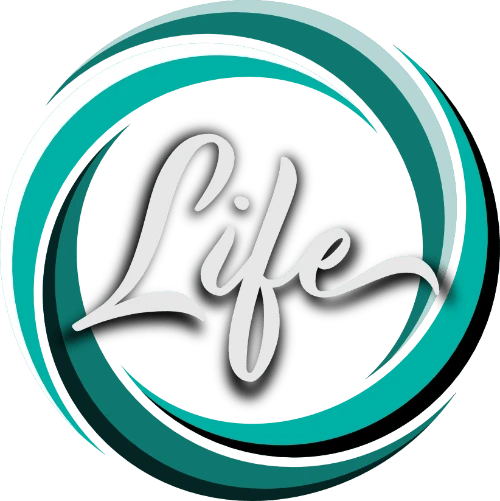Meet With Heather in Person or Online
Heather can help you to identify and change toxic behavioural patterns, strengthen emotional regulation, develop healthy boundaries and communication skills, improve relationships, effectively manage stress, improve sleep and eating habits, as well as to help you in developing a mindset to foster passion and purpose. Heather has over 20 years of experience working with individuals, couples and families in areas of addiction, mental health, parenting, pregnancy, eating disorders, codependency, relationship issues, stress management, career enhancement and personal performance.
Heather Kempton specializes in working with people like you to discover their authentic self and to develop a deeper sense of self-acceptance and love.
Within her private practice, Heather has found that many individuals fall into the trap of unhealthy behavioural patterns resulting from feeling “not good enough” and possessing a negative mindset. Increasing one’s self-awareness and challenging one’s perception is key to promoting growth and changing unhealthy behavioural patterns.
Heather works with individuals to establish healthy boundaries within personal relationships, challenge negative thinking patterns, identify values and evolve within one's lifestyle in which creates more joy and fulfilment. Heather also teaches one how to develop a growth mindset which allows individuals to identify and overcome life’s obstacles.
We are all unique and will find that different approaches to growth and healing resonate differently within each of us. Finding a healing modality that works best for you is critical to experiencing growth and development. Individuals come from a variety of cultural, sexual and ethnic backgrounds, including teens to seniors, everyone shares the desire to find peace within themselves.
We all desire that our personal challenges are treated with the privacy and respect we deserve, experiencing being listened to in a non-judgemental way that echoes kindness and compassion.
Heather Kempton from Optimal Life offers a safe place to share, understand and overcome the challenges individuals are experiencing in their current lifestyle.

Individuals
- • ADD/ADHD
- • Addiction
- • Anxiety
- • Depression
- • Eating Disorders/Disordered Eating
- • Grief/Loss
- • Postpartum Depression/Anxiety
- Learn More

Couples
- • Affairs and Betrayal
- • Communication
- • Intimacy (Physical, Sexual, Emotional, Psychological)
- • Parenting
- • Separation and Divorce
- • Building Trust, Respect, Compassion
- Learn More

Optimal First Responders
- • Tactical Training
- • Nutrition
- • Trauma, PTSD
- • Emotional Regulation
- • Addiction
- • Family First
- Learn More

Optimal Performance
- • Business Performance Consulting
- • Life Performance Coaching
- • Athletic Performance Coaching
- • High Performance Coaching
- • Individualized Nutrition Plans
- • Individualized Workout Plans
- Learn More










